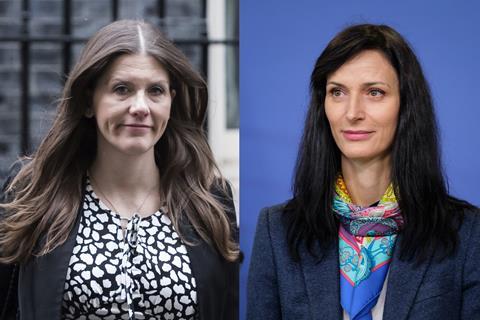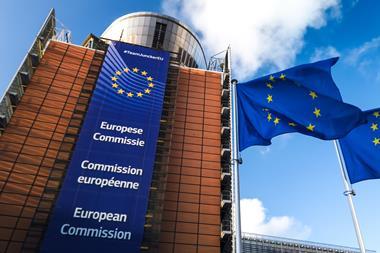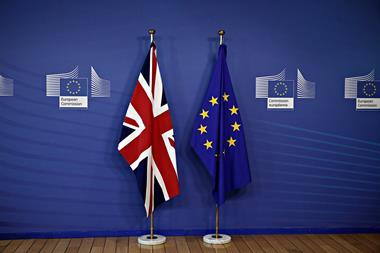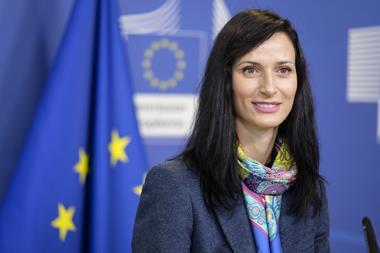Scientific organisations have renewed calls for the UK government to agree terms that will allow the country’s scientists to participate in major European research programmes. The calls come in response to the government publishing its Pioneer prospectus – a proposed plan for a domestic research funding programme that will come into place if the UK and EU fail to reach an agreement over association to the EU’s €95.5 billion (£85 billion) Horizon Europe framework.

The UK’s involvement in major European research programmes like Horizon Europe, Euratom and Copernicus has been on hold for over two years while post-Brexit trade disputes between the UK and the EU were unresolved. But the Windsor Framework agreed in February by the UK prime minister Rishi Sunak and the European Commission president Ursula von der Leyen appeared to settle those disputes, paving the way for research collaborations to restart.
Since then talks over UK association to Horizon Europe have recommenced, with UK science secretary Michelle Donelan meeting her European counterpart Mariya Gabriel in Brussels on 4 April. However, a major sticking point has been the UK government’s desire to renegotiate the terms of association to reflect the fact that the country’s researchers have missed out on the first two years of the seven-year programme.
The stalemate triggered calls from several scientific organisations for a solution to the deadlock. On 5 April, the Royal Society of Biology, the Royal Society of Chemistry (RSC) and the Institute of Physics sent a joint letter to the UK prime minister and chancellor of the exchequer stressing the importance of association to the more than 100,000 scientists that the organisations represent.
However, on 6 April the UK government published its Pioneer proposal, which it describes as a means to support research and innovation ‘should association to the Horizon Europe scheme not prove possible’.
‘We will continue to examine the prospectus in detail and will provide feedback from the chemical sciences community over the coming weeks,’ said RSC head of policy Tanya Sheridan in a response published on the society’s website. ‘While we are committed to helping the development of the government’s Pioneer prospectus, we are unequivocal that continued involvement with Horizon Europe and collaboration with EU research programmes represent the pathway of greatest potential for UK science.’
This sentiment was echoed by Tim Bradshaw, the chief executive of the Russell Group, which represents 24 of the UK’s top research universities. ‘We welcome the opportunity to work with government on the development of Pioneer and will scrutinise the proposals carefully,’ said Bradshaw in a statement. ‘However, we have always been clear that it will be a challenge to replicate the full benefits of the world’s largest collaborative research programme, with ready-made routes for talent flow, facilities access and collaboration with multiple countries.’
‘This should not be viewed as an either-or scenario,’ he added. ‘Strengthening our links with Europe and beyond through Horizon can sit alongside a roll-out of elements of the government’s alternative plans, giving the UK the best opportunity to cement our status as a science superpower.’












No comments yet